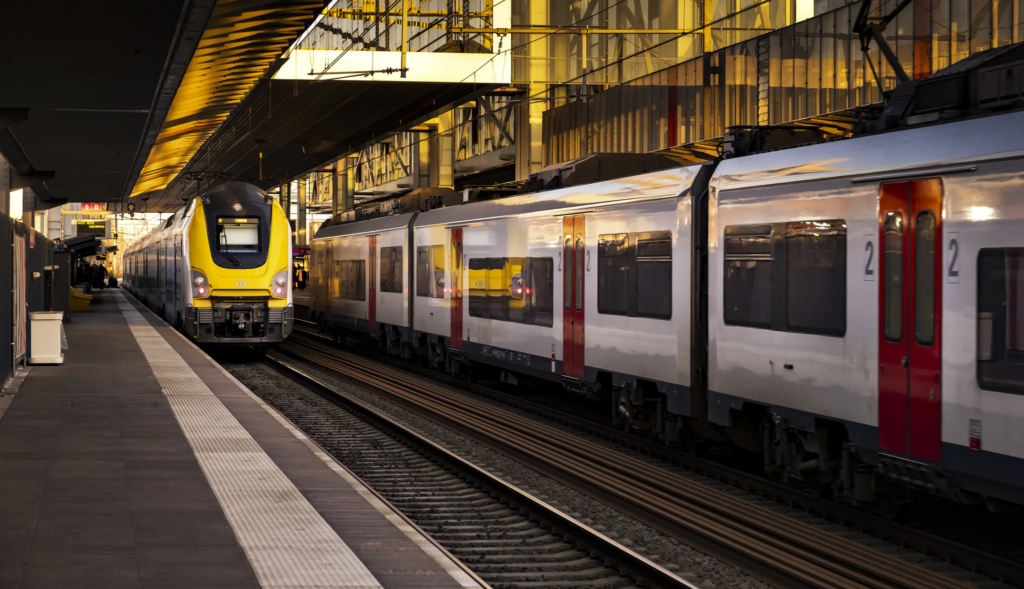Train traffic across Belgium will be disrupted on Tuesday 8 April due to the 20th railway strike day this year. The strike is organised by the five trade union organisations against certain measures in the Federal Government coalition agreement.
Despite the reconciliation meeting held on 2 April, the five union organisations (ACOD Spoor/CGSP Cheminots, ACV/CSC-Transcom, VSOA-Spoor/SLFP-Cheminots, OVS/SIC and ASTB/SACT) have decided to go ahead with the planned strike on Tuesday.
"The measures in the coalition agreement remain a source of great concern for all railway workers," said the unions. "They threaten our pension rights, reduce job security, worsen working conditions and compromise staff welfare."
Based on staff who have indicated they will work, an alternative train service has been worked out. The alternative train service will be visible in SNCB/NMBS' online journey planner, via the app and website.
International trains affected too
Due to the strike, two in five IC trains (between major cities) will not run, and neither will three in five local L and suburban S trains. Only one in five peak-hour P trains will run during the morning and evening rush hours.
Additionally, no trains will be able to run in the Ottignies region from 06:00 due to a broken signal box in Namur. This concerns the lines between Namur, Gembloux, Ottignies and Watermael, as well as the lines between Ottignies, Wavre and Sint-Joris-Weert and between Ottignies and Fleurus.
International railway traffic will be impacted as well. A number of Eurostar trains between Brussels and Paris will not run, and neither will some ICE trains between Cologne and Brussels. Several trains to and from the Netherlands (EuroCity and EuroCity Direct) will not run either. Trains between Brussels and London are not expected to be affected. More information can be found on SNCB/NMBS' international website.
"We will continue to provide assistance to passengers with reduced mobility, based on the alternative train service," said SNCB/NMBS.
The managements of HR Rail, Infrabel and SNCB/NMBS regret the strike and the fact that travellers are once again impacted by this conflict. "The strike burden is becoming unbearable for passengers, workers and many other economic and social actors. They all depend on the availability of rail infrastructure and train supply."

